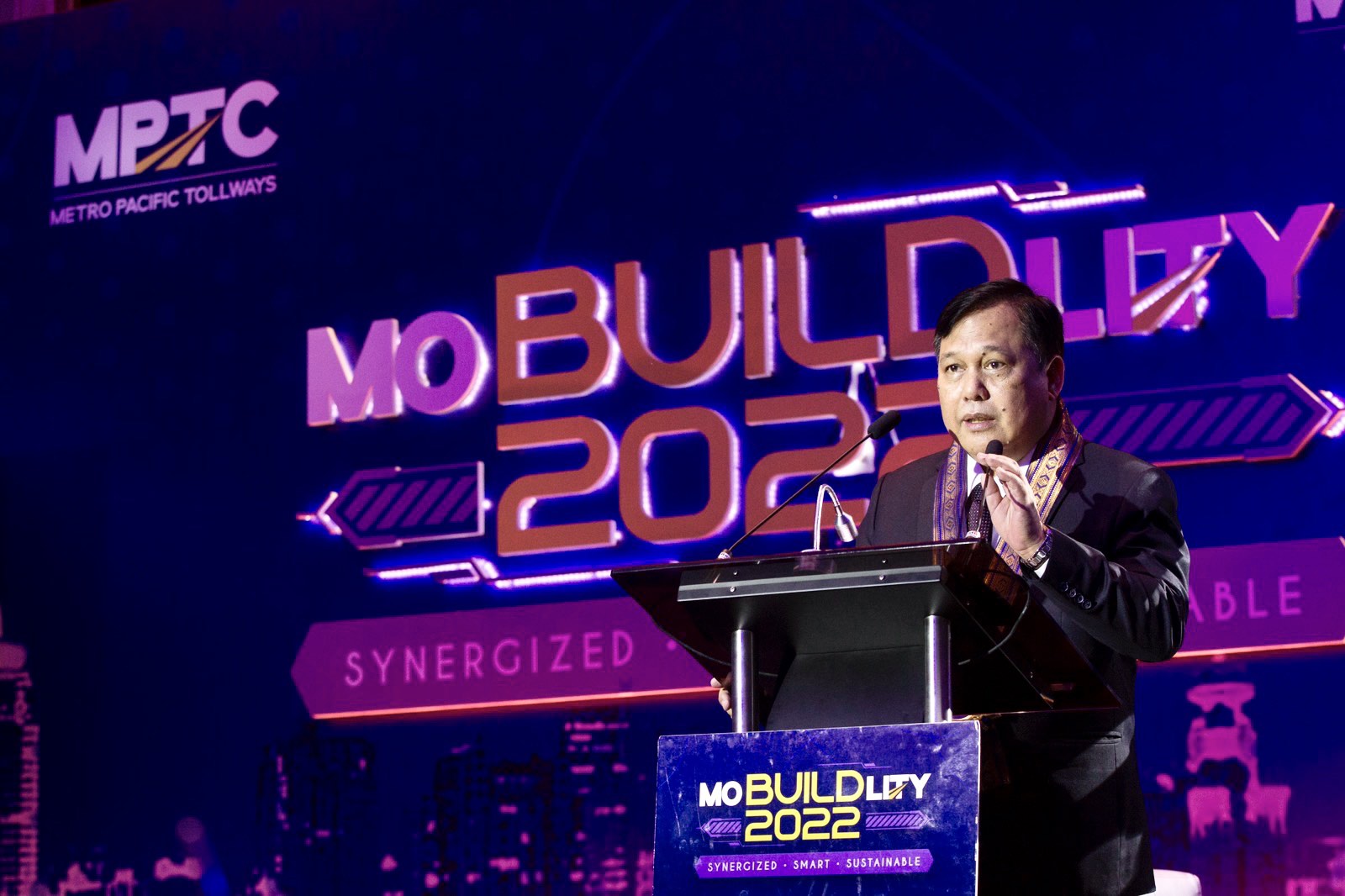


CEO and President of MPT Mobility discusses the future of smart urban mobility solutions in the Philippines.
Around the world, countries continue the thrust towards smart urban mobility as part of their nation-building journey. A significant feature of a smart city, urban mobility empowers citizens with multiple modes of transportation which are affordable, efficient, convenient, reliable, and sustainable. This requires a seamless integration of intelligent transport, traffic systems, modern infrastructure, and advanced technology—backed by updated governance and policy framework. More than sustaining smart urban settings, this ecosystem helps progress the way people live.
As an advocate of driving smart urban mobility in the Philippines, Metro Pacific Tollways Corporation (MPTC), largest private toll road developer and operator in Southeast Asia, spearheaded an in-depth dialogue among industry leaders which covered pressing issues and future-forward solutions.
During the multi-stakeholder dialogue, entitled “MoBUILDity: Synergized, Smart, and Sustainable”, Transportation Secretary Jaime J. Bautista spoke for the department’s commitment to elevate mobility in the road, railway, maritime, and aviation sectors. “In this post-pandemic era, we are taking a sustained approach at promoting mobility for both ease of travel and efficient transport of goods. Transport projects that advocate mobility are not restricted to the road sector,” he said. Current and upcoming programs include the Public Utility Vehicle (PUV) Modernization Program, road safety initiatives, development of new airports, railway projects to reduce travel time and traffic in the train stations, and the Pasig Ferry Service as an alternative mode of transportation traversing seven cities, among many others.
Dr. Chin Kian Keong,Chief Engineer of Singapore’s Land Transport Authority, shared how Singapore practices an integrated and holistic approach when it comes to the whole spectrum of transport. “From the need to provide advanced infrastructure, good service, integrated and intelligent transport systems, human management—all these have to work hand-in-hand,” he explained. As part of its sustainable transport ecosystem, Singapore promotes car sharing and mobility on demand, accessible and reliable public transport, and cycling and walking alternatives.
Jon Canto, Acting Managing Director of McKinsey & Company Philippines, disclosed that Southeast Asian cities are significantly investing in smart urban mobility due to its proven benefits in fare costs, commute time, distance, noise pollution, carbon emissions, travel experience, and many more. “We need to look around us and see what others have done—maybe successfully or unsuccessfully, and then take that and make sure that it’s grounded in the reality of a particular locality,” he added.
A collaborative effort
Management Association of the Philippines (MAP) President Babes L. Singson acknowledged that the business groups and general public welcome the vision of smart urban mobility. “I think this vision is not only going to be an economic game-changer, but also a social game-changer.”
But just like any significant nationwide initiative, smart urban mobility can only be achieved with a strong collaboration between the public and private sectors. Ma. Sheryl Santos, National Quality and Competitiveness Chief of the Department of Trade and Industry (DTI), stressed the importance of Public-Private Partnerships (PPPs) in cultivating smart urban mobility. “If we’re measuring productivity, efficiency has to be there,” she said. “Meaning, one has to move from one place to another in less time, with less effort.”
Lize de Beer, Manila Transport Planning Lead or Arup, asserted that collaborative smart mobility strategies should be vision- and outcome-led. “It is important to embrace smart mobility and technology innovation, but only when it helps address specific economic, social, and environmental needs—not just tech for tech’s sake. Necessity breeds innovation.”
“Being a smart city is beyond technology,” said Mayor Arlene Arcillas of Santa Rosa, Laguna. “It provides the best services in empowering the people. It is inclusive, equitable, and sustainable.”
The future of mobility
MPTC President and CEO Rodrigo Franco shared that the future of mobility is ACES—autonomous, connected, electric and shared. This acronym coined by the Center for Automotive Research captures the global movement; and with ACES in place, the transport system will become socially inclusive, environmentally friendly, cost-effective, and integrated, giving Filipinos the power of data in their hands, backed by a strategic and smart infrastructure network.
“There is demand from the public for institutions to provide a better quality of life as they move about and around the metro. We institutions need to show that we care, and that we listen,” he said.
Hosted by MPTC and MPT Mobility, the multi-stakeholder dialogue served as a platform for industry leaders to drive the country’s smart urban mobility forward. MPT Mobility is the innovations arm of Metro Pacific Tollways Corporation (MPTC), whose aim is to improve the overall Pinoy traveling experience through its tech-forward products and services.